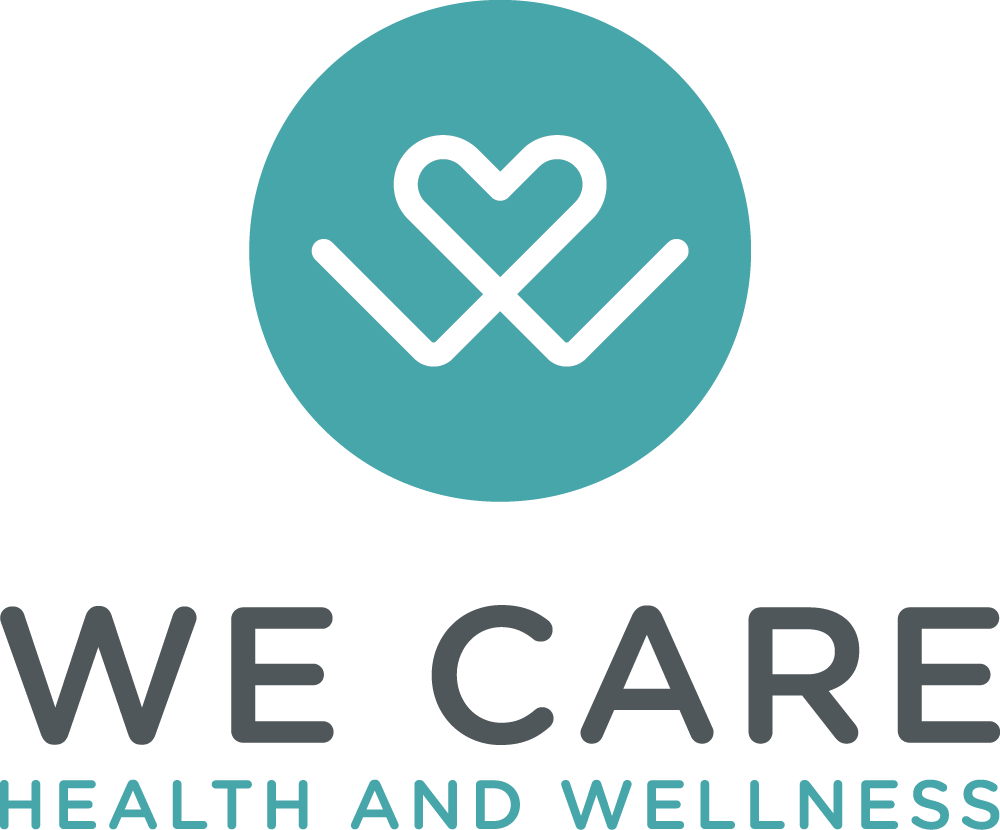Addiction rarely affects just one person. It influences everyone in the household, often altering relationships, routines, and emotional well-being. Families may not realize how their dynamics contribute to or are shaped by a loved one’s substance use. But gaining clarity around these patterns is essential for healing.
When families understand their roles, practice healthy communication, and seek support, they can become an important part of a person’s recovery journey.
The Hidden Roles Families Play
In the face of addiction, families often shift into roles that help them cope, even if unintentionally. Some members take on responsibilities that aren’t theirs. Others withdraw or act out to avoid tension. These roles can provide short-term stability but may also reinforce harmful dynamics.
Common examples include:
- The enabler, who protects the loved one from consequences, often out of care or fear.
- The hero, who overachieves and compensates for the chaos.
- The scapegoat, who acts out and draws attention away from the root problem.
- The lost child, who isolates to stay out of the way.
Recognizing these patterns is a critical step toward change. They don’t define anyone permanently, but they do reflect the toll addiction takes on the family system.
Breaking the Cycle: From Enabling to Empowering
When someone tries to help a loved one struggling with addiction, it can be hard to know the difference between support and enabling. Enabling often looks like helping—covering up mistakes, avoiding tough conversations, or stepping in to fix problems.
True support involves setting boundaries, encouraging accountability, and seeking outside help when needed. This shift from enabling to empowering allows the person in recovery to take ownership of their healing.
The Value of Family Therapy
Family therapy gives everyone affected by addiction a space to learn, reflect, and grow. It’s not about blame. Instead, it’s about understanding how each person is impacted and how the family can rebuild healthier ways of interacting.
Therapists may use approaches like the Family Disease Model, which emphasizes that addiction affects the whole system, or cognitive-behavioral strategies that help improve communication and problem-solving. These methods support both the individual in recovery and the people closest to them.
Coping Strategies That Support Healing
Families who are navigating addiction need tools and resources to stay grounded. Here are a few key strategies that can make a difference:
- Get help. Join a support group or talk to a therapist familiar with addiction and recovery.
- Take care of yourself. Recovery is emotionally demanding. Sleep, boundaries, and time for yourself are essential.
- Learn about addiction. Understanding the science and psychology behind substance use can reduce shame and increase empathy.
- Be patient. Change takes time, for both the person in recovery and the family adjusting around them.
Even small steps toward healthier habits can help stabilize the home environment and support long-term recovery.
Why Boundaries and Communication Matter
Healthy boundaries create structure and protect relationships. They help define what is and isn’t acceptable and prevent family members from being pulled into destructive cycles.
At the same time, strong communication builds trust. It involves listening without judgment, expressing needs clearly, and staying honest, even when it’s hard. Families that speak openly about addiction can reduce secrecy and stigma, making space for real change to happen.
Family Support in Recovery
The presence of a supportive family can be a powerful motivator for someone in recovery. Encouragement, emotional backing, and a willingness to grow together can all reduce the risk of relapse.
It’s important to remember that families are not responsible for someone’s addiction. But they can play a meaningful role in helping their loved one stay on track, especially when they’re equipped with the right support.
Addiction impacts the entire family, but it can also become a catalyst for transformation. With awareness, support, and a commitment to healthier patterns, families can shift from surviving addiction to healing through it.
Recovery isn’t just about one person getting better. It’s about everyone having the chance to grow stronger—together.





